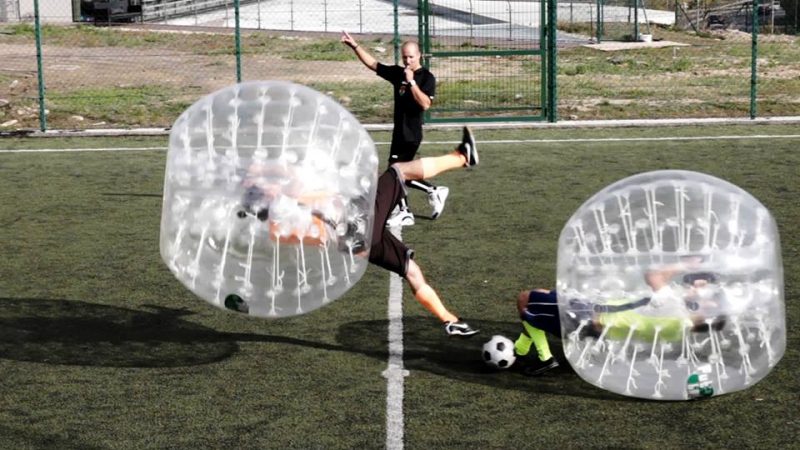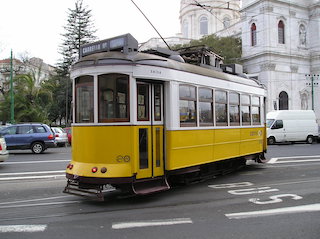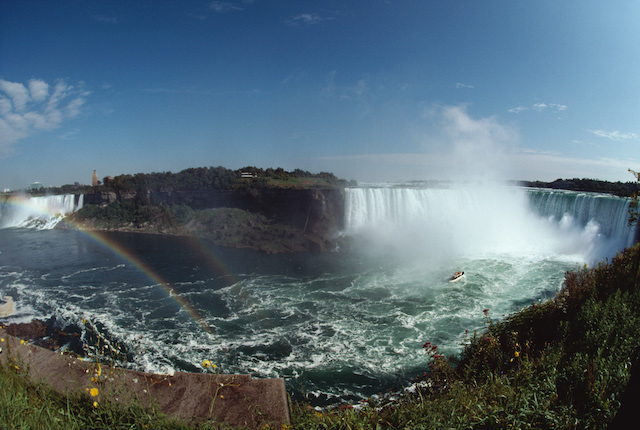Security First For Kenya Safari Tourists
Travel brings joy when safety comes first. Safari tourists in Kenya enjoy wildlife and nature better with peace of mind. A security-first mindset helps build that peace. It shapes every step, from booking to the final day. With a safety-first plan, tourists enjoy freedom without fear during their safari journey.
Planning ahead for security first
Planning with a mindset of security first shapes the outcome of every safari trip. Safety checks should begin at the research stage. Visitors must confirm the reliability of tour operators. Valid licenses and strong reviews offer peace. Tourists should also confirm security protocols for camps and lodges. This early care creates confidence throughout the adventure.
Choosing trusted travel partners
Every safari begins with a tour provider. Working with certified operators improves safety. Trusted providers follow safety rules and support travelers. They use experienced staff who understand local terrain. Drivers and guides know safe routes and danger zones. This adds extra value and comfort to every tour.
Understanding regional safety patterns
Different safari zones in Kenya have different safety records. Knowing these patterns helps plan better trips. Popular parks like Maasai Mara and Amboseli follow strong protection systems. Security patrols move across key routes. Camps often share updates with local authorities. This system allows fast help if issues arise during travel.
Knowing the rules inside the parks
Wildlife parks follow clear rules for tourist safety. These rules protect both people and animals. Visitors must stay in vehicles during game drives. Guides lead each tour with care and knowledge. Loud sounds and sudden moves can trigger danger. Following simple rules keeps every tour smooth and safe.
Protecting personal items during travel
Keeping personal items secure adds peace during travel. Tourists should use lockable bags or safes at lodges. Small items like phones and wallets need close care. Passports and cash should stay in secure places. Carrying copies of documents helps during any emergency. These small actions reduce stress during movement.
Avoiding night travel for added safety
Travel at night reduces visibility and increases risk. Roads may lack proper signs or lighting. Animals may also move near roads after dark. Drivers cannot respond fast during surprise encounters. Staying within camps after sunset brings peace. Guides will often recommend this for better security and comfort.
Choosing camps with trained staff
Camp staff play a big part in visitor safety. Well-trained teams handle both daily tasks and emergencies. They keep watch on movement around camp areas. Staff also manage animal behavior near guest tents. With calm control, they prevent harm while ensuring comfort. Tourists rest better under this quiet protection.
Using safe communication tools
Travelers need clear lines of contact during safari trips. Reliable networks help during emergencies. Tourists should use phones with local SIM cards. Some safari companies provide two-way radios for remote spots. This support makes it easier to ask for help when far from major towns or roads.
Protecting health with simple habits
Health safety matters as much as physical safety. Tourists should drink clean water and eat fresh meals. Camps use filtered water for cooking and washing. Handwashing helps stop germs after animal encounters. Travel insurance should cover medical evacuation if needed. These steps maintain good health throughout the journey.
Securing transportation at all times
Vehicles used in safaris need to meet safety standards. Tourists should check for seat belts and working radios. Tires should handle rough terrain without slipping. Operators must maintain vehicles daily. Breakdowns in remote areas can bring risk. Safe transport adds comfort during long game drives and cross-country transfers.
Keeping distance from wildlife
Animals in Kenya’s parks roam free. Respecting their space avoids harm. Guides will keep proper distance during viewings. Tourists must not leave vehicles or approach animals. Feeding or touching animals causes confusion or fear. Safe viewing helps enjoy the wild without conflict. Photos and memories come better from safe spots.
Being aware of surroundings
Awareness keeps tourists safer in unfamiliar areas. Visitors should keep watch for signs, animals, or changes in weather. Guides offer signals or advice during drives. Listening well improves safety across locations. Alert minds avoid accidents or delays. Awareness becomes part of the safety-first approach during any trip.
Avoiding risky behaviours on safari
Certain actions bring danger during safari trips. Loud music, fast driving, or sudden moves can upset animals. Climbing trees or rocks to take photos increases fall risk. Entering water areas without permission can bring harm. Staying calm and following the guide’s lead avoids such problems. Simplicity leads to safer travel.
Using technology for added peace
Digital tools help support safari safety. Many camps use GPS trackers for their vehicles. Tourists can also share live locations with family. Mobile apps offer maps and offline tips. Some tools give updates on weather and animal movement. Using technology wisely enhances every part of the safari.
Following weather and climate updates
Kenya’s seasons affect travel safety. Rainy periods bring slippery roads and flooding. Dry seasons can increase fire risk in bush areas. Guides monitor local updates daily. Camps shift plans based on weather alerts. Tourists stay safer by listening to such updates and following staff advice across each day.
Protecting against insect bites
Insects bring health risks if ignored. Mosquitoes carry diseases in some regions. Visitors should use nets and insect sprays. Clothing can also help when it covers skin. Camps offer treated bed nets to protect at night. These small steps protect comfort and health during bush experiences.
Keeping children safe on safari
Families must keep children close during safaris. Kids should not run or shout near wild animals. Guides offer safety briefings to help prepare young travelers. Camps provide special services for families with kids. With calm actions and clear routines, families enjoy secure and joyful safari moments together.
Preparing for emergencies
Every trip needs an emergency plan. Tourists should know how to contact camp staff fast. Guides provide safety talks during arrival. Camps often have medical kits and quick transport. Satellite phones offer backup contact when needed. A clear plan brings calm during unexpected moments across remote landscapes.
Respecting cultural norms and spaces
Kenya has many tribes and cultural traditions. Respecting local customs helps build harmony. Tourists should avoid taking photos without permission. Clothing should stay decent in villages. Friendly behavior opens doors to cultural exchange. Respect builds goodwill that reflects well on every safari experience.
Keeping camp areas clean and tidy
Cleanliness also protects safety. Food scraps can attract wild animals into camp areas. Camps follow strict waste control rules. Guests should not leave food outside tents. Trash gets stored in safe bins. This prevents animals from entering guest zones. Clean camps stay peaceful during each night in the bush.
Using travel insurance with security coverage
Insurance helps when travel meets risk. Policies should cover both health and personal items. Travel insurance can include support during medical events. It also replaces stolen or lost items. Having such coverage adds mental comfort. Tourists can focus more on wildlife than worry over sudden problems.
Watching for scams and tricks
Scams can target tourists in busy towns. Safety-first travel includes awareness of fake offers or calls. Trusted companies use official websites and local contacts. Tourists should avoid sharing card details with unknown people. Simple checks and caution help avoid scams. A strong mindset keeps travel safe from such risks.
Listening to your guide at all times
Guides carry years of field experience. Listening to their words keeps the trip smooth. They know where to stop, what to watch, and how to move. Their advice matters during both calm and tense moments. Tourists stay safe by trusting their guide’s choices and directions without hesitation.
Carrying copies of travel documents
Backups help in sudden events. Tourists should carry paper and digital copies of travel papers. This includes passports, ID cards, and health records. Copies stay in separate bags from originals. Camps may also hold copies for added security. These steps help when items get lost during fast travel days.
Knowing your location at all times
Maps and signs help tourists feel grounded. Camps offer maps with landmarks and trails. GPS devices help track locations. Tourists should note the camp name and nearby park gate. Guides often repeat names during briefings. Remembering these details helps in case of confusion or lost paths.
Protecting digital identity while travelling
Public networks can expose private data. Tourists should use secure internet at lodges. VPN tools protect connections. Devices must stay locked when not in use. Passwords should remain private and strong. Digital care keeps memories safe while tourists share photos and updates during the safari.
Moving with trusted local help
Local help adds comfort in new areas. Many camps hire staff from nearby villages. These people know the land and customs well. Tourists benefit from their knowledge and presence. They offer advice, protection, and support. This bond between guest and host strengthens the journey for all involved.
Leaving no trace behind
Wildlife areas stay healthy with less impact. Tourists should take all waste back to camp. Fires must follow camp rules or remain banned. Hiking paths should not disturb plant life. Staying on paths avoids harming animals or nests. A clean visit keeps the wild as wild as it came.
Security begins
Peace grows from simple habits. Tourists protect joy by placing security first each day. They travel smarter with good tools and alert minds. Camps, guides, and locals support this mindset at every turn. When safety leads the way, the adventure becomes brighter. Safari joy deepens with every safe and quiet step.





